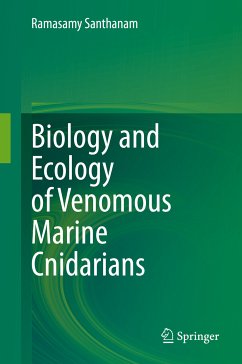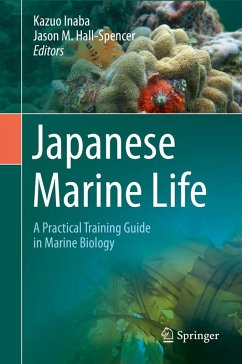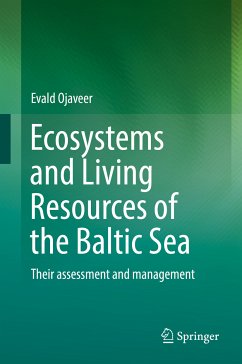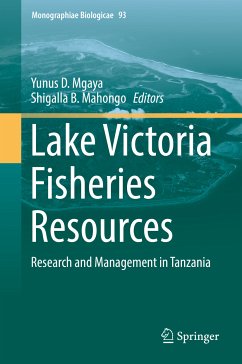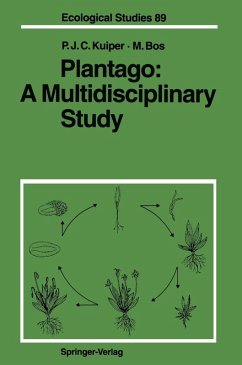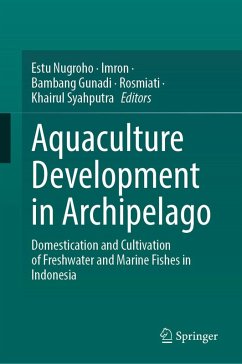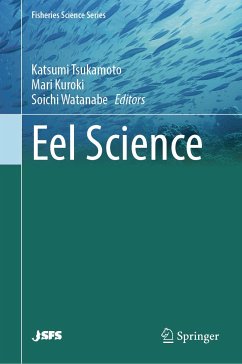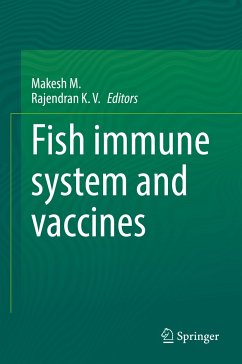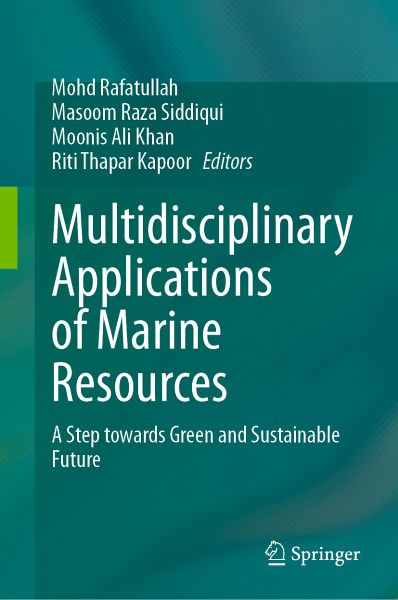
Multidisciplinary Applications of Marine Resources (eBook, PDF)
A Step towards Green and Sustainable Future
Redaktion: Rafatullah, Mohd; Kapoor, Riti Thapar; Khan, Moonis Ali; Siddiqui, Masoom Raza

PAYBACK Punkte
68 °P sammeln!
This book focuses on untapped marine resources for production of biofuel, biogas, bio-fertilizers, nutraceuticals, pharmaceutical and other value-added products. The applications of marine biomass and microbes in human welfare, whether individual or synergistic use, for waste management, climate change mitigation, eco-restoration, and environment protection have also been covered. This book also looks at the solutions to the problem of fossil fuel, which is one of the major sources of environmental pollution and global warming. In this context, marine-based biorefinery represents a promising a...
This book focuses on untapped marine resources for production of biofuel, biogas, bio-fertilizers, nutraceuticals, pharmaceutical and other value-added products. The applications of marine biomass and microbes in human welfare, whether individual or synergistic use, for waste management, climate change mitigation, eco-restoration, and environment protection have also been covered. This book also looks at the solutions to the problem of fossil fuel, which is one of the major sources of environmental pollution and global warming. In this context, marine-based biorefinery represents a promising approach to mitigate climate change as bio-based products are good alternatives to fossil-based fuels and synthetic chemicals due to their capacity for net-negative carbon emissions.
This book is a reference material for researchers and scientists working in the field of biorefinery, pharmaceutical industry, bioremediation of contaminants and carbon neutrality for environmental safety.
This book is a reference material for researchers and scientists working in the field of biorefinery, pharmaceutical industry, bioremediation of contaminants and carbon neutrality for environmental safety.
Dieser Download kann aus rechtlichen Gründen nur mit Rechnungsadresse in A, B, BG, CY, CZ, D, DK, EW, E, FIN, F, GR, HR, H, IRL, I, LT, L, LR, M, NL, PL, P, R, S, SLO, SK ausgeliefert werden.




